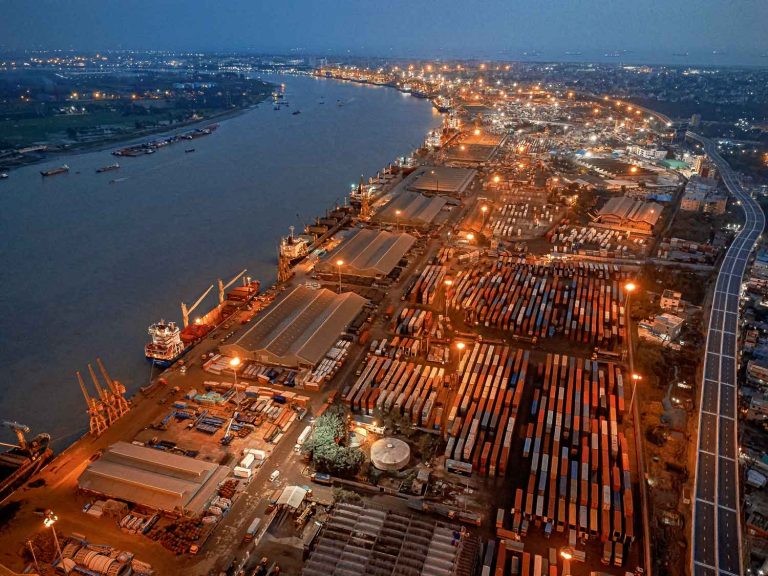
Date:
Bangladesh’s garment industry determined to rebuild global confidence
As factories reopen, truck movements increase, and key logistics operations resume, Bangladesh’s garment industry is determined to recover and win back their customers’ confidence.
Rail freight operations resumed on Monday, 12th August, and airports, container freight stations, terminals, and ports remain operational with essential personnel working to process cargo.
Truck and container movements have seen an uptick, reflecting the country’s determination to get back on track despite the recent turmoil. However, the situation remains fluid, and our local partners are working tirelessly to find solutions to keep cargo moving.
The political unrest, which culminated in the fall of Prime Minister Sheikh Hasina’s government, has shaken buyer confidence, with factories forced to close during curfews triggered by weeks of violence in July, causing significant disruptions to production and supply chains.
As a result, clothes and shoe deliveries to Europe and North America for the winter season have been delayed, with backlogs still being cleared at ports and airports.
In an effort to mitigate the damage, factories have turned to air freight and extended working hours to make up for production delays, with some backlogs stretching as far as a month.
However, this has not been enough to prevent some retailers from diverting a percentage of their orders to other suppliers in countries like Cambodia, Indonesia, India, and Turkey.
Despite this setback, Bangladeshi manufacturers are intent on regaining the confidence of global retailers. The new interim government, led by Nobel Peace Prize-winning economist Muhammad Yunus, has made reestablishing law and order a top priority. A new industrial security task force has been created, and the army has been deployed to guard factories.
Yunus has also pledged to tackle corruption and reform key institutions such as the bureaucracy and judiciary, which industry executives believe will make Bangladesh’s export sectors more competitive in the long run.
Garment and footwear producers continue to benefit from the country’s plentiful and low-cost labour, which remains an advantage that is difficult for rival suppliers to match.
As factories reopen and gradually ramp up production, some of the world’s largest fashion retailers have expressed cautious optimism, welcoming the steps taken towards greater stability. And while business may have temporarily shifted to other countries, Bangladeshi exporters are hopeful that the situation will improve soon and that the country will regain its position as a leading supplier of garments and footwear.
We are working closely with clients impacted by the evolving situation in Bangladesh to avoid disruption to their supply chains.
Our operations teams and local partners are expertly managing the challenges at Chittagong Port and Dhaka Airport, ensuring the stability of our customers’ supply chains despite ongoing regional tensions.
If you have any concerns or would like to discuss our contingency services, please reach out to our Chief Commercial Officer, Andy Smith, via EMAIL.
